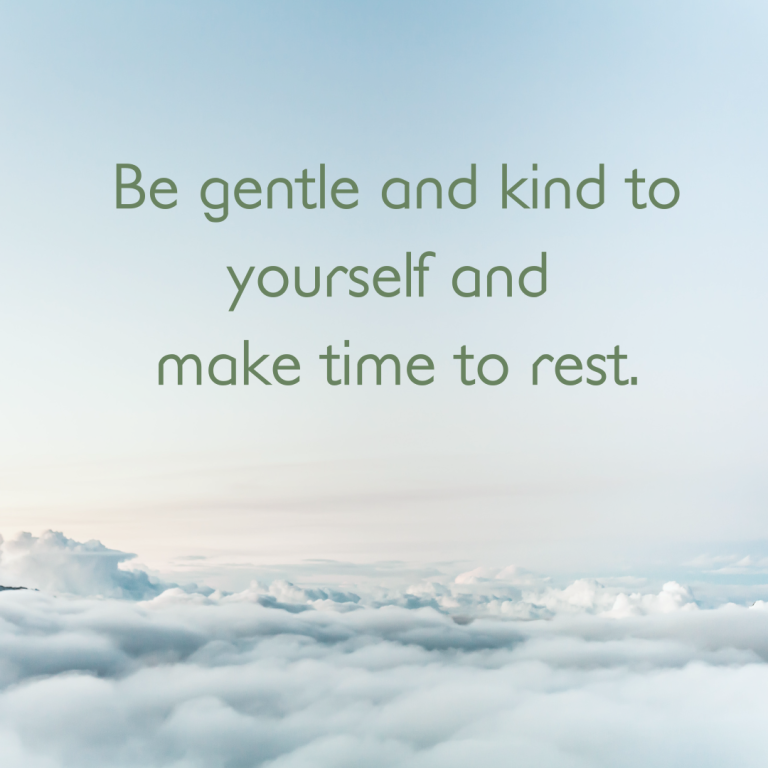There is no getting away from it. Sleep can be incredibly challenging during the Menopause.
Many women can find it difficult to fall asleep, or to stay asleep, and many experience early waking.
This can be due to the sleep disturbing symptoms such as hot flushes or bladder frequency. The decline in hormones can also disrupt the sleep centres in the brain and our circadian rhythms, and reduce levels of melatonin ( an important sleep hormone)
This can have a huge impact.
Poor sleep can contribute to many health problems, including high blood pressure, diabetes, obesity and dementia, and it has a huge impact on our emotional and mental health.
Poor sleep reduces our ability to deal with stress, and can trigger low mood and depression, and cognitive issues.
It is vital therefore that we do all we can to promote good sleep.
Thankfully, there are many things we can do to improve our sleep. Here are my top tips:
- Prioritise Movement and daylight exposure:
This can help to balance your natural circadian rhythms. Morning light stimulates the production of the hormones cortisol and serotonin to wake you up, whilst also stimulating production of melatonin in the evening to help you sleep.
- Ensure you have a dark, cool bedroom
(17C/65F is the optimal temperature for sleep)
- Instil a 90- minute digital detox
Blue light can disrupt melatonin production.
- Avoid alcohol
Alcohol can disrupt sleep.
- Avoid caffeine after midday
Caffeine is a stimulant & disrupts sleep quality.
Manage Stress as the biggest cause of sleep issues is a stressed, busy, active mind!
- ‘Find the Pause’.
Taking time to pause in the day is crucial to prevent cortisol building throughout the day. Consider a 20 minute restorative nap early afternoon, or take a restorative yoga pose for 20 minutes such as the ‘legs up the wall’ pose. Soothe your nervous system with regular practices such as breathwork, meditation, or yoga.
- Instil a bedtime routine:
It is essential to take time to unwind before bed. A bath before bed reduces body temperature and promotes sleep, and dim lighting promotes melatonin production and helps to calm the mind. Calming activities such as reading, breathwork, listening to relaxing music, and restorative yoga can all help to switch on the relaxation response and promote good sleep.
- Journaling:
A daily journaling practice can be incredibly powerful. Writing down what you are grateful for, and reflecting on what went well that day can really help to improve mood and can lead to better and longer rest.
- Visualise:
When you drift off visualising yourself in a place that makes you feel relaxed, or doing an activity you enjoy can help to make you feel happy and calm.
- If you can’t sleep, break the cycle:
If you lie awake in bed you may start to develop unhelpful associations with bed and sleeplessness. It can be helpful to get up and do something soothing in dim light until you feel sleepy again such as breathwork, meditation, or reading.
- Ask for help when you need it.
Restorative yoga can be incredibly powerful if you are really struggling with your sleep and can offer crucial rest that can sometimes be as powerful as a whole night’s sleep! Reflexology and Acupuncture can also be incredibly powerful for treating insomnia. Seek out recommended local experts ( click on the links for my local recommendations)
Clearly this list us not exhaustive. There are many podcasts and books on sleep nowadays if you want to take a deeper dive and learn more.
I have listened to many podcast’s and read many books about sleep, but my favourite is the beautiful little book by Mita Mistry ‘All You Need is Rest‘. I love that it brings rest and sleep together, because embracing rest is absolutely essential to good sleep!! This beautifully illustrated book is packed with powerful curated wisdom, advice and techniques. It is also packed with inspiring quotes and is a soothing companion for bedtime reading.
To conclude…
Good sleep and rest is crucial for our health and wellbeing:
- It is crucial for essential repair processes, and enables us to heal both physically & mentally
- It is vital for our immunity and our ability to fight infection
- It is vital for creativity, productivity and memory
If you have been struggling with your sleep for a while there is no quick fix. However if you take time to introduce any of the tips that resonate or call to you, I promise things will start to improve in time. Real health and wellbeing takes time and consistent practice and is an ongoing journey of self-care. It might be seem difficult and overwhelming right now, but I promise that creating TINY consistent habits is the key to long term and sustainable change!
Please take good care of yourself, and reach out if you have any questions. I will be starting my next Menopause group on Friday 21st April if you would like any support turning inspiration into action! Please just get in touch to find out more.
In the meantime maybe start by instilling 1 tiny bedtime ritual that sooths you, and then repeat after me,
‘ I am relaxed and prepared for restorative sleep.’
Above all, be gentle and kind to yourself, make time to rest.
Wishing you a peaceful, restorative sleep,
Harriet x

